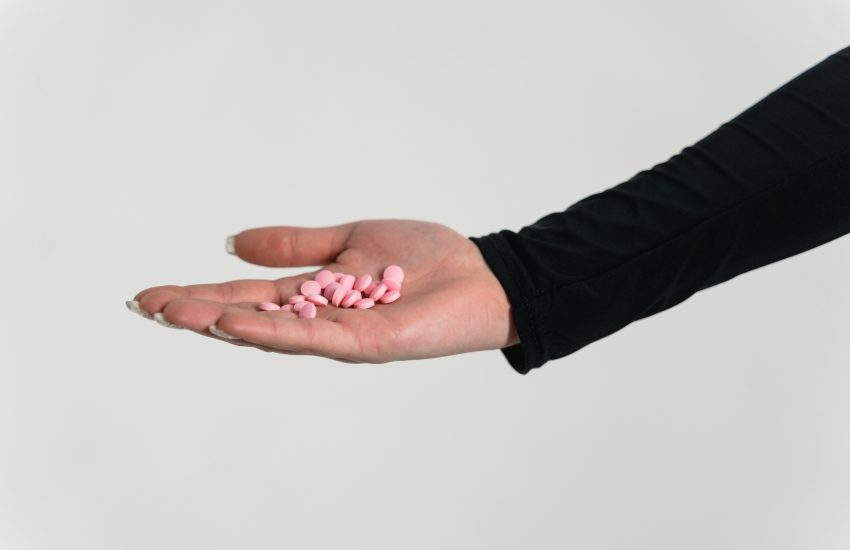Chickenpox in Children: Prevention and Care
Chickenpox, also known as varicella, is a highly contagious viral infection that primarily affects children. It is characterized by an itchy rash of red spots that eventually form blisters filled with fluid. Chickenpox is typically mild in children, but can cause serious complications in adults and individuals with weakened immune systems.
Prevention
Preventing chickenpox in children is crucial to reduce the risk of complications and prevent the spread of the virus to others. The most effective way to prevent chickenpox is through vaccination. The chickenpox vaccine is safe and highly effective, providing long-lasting immunity against the virus.
Key Points for Prevention:
Ensure your child receives the recommended chickenpox vaccine according to the vaccination schedule.
Encourage good hygiene practices, such as frequent handwashing, to reduce the spread of the virus.
Keep your child away from individuals who have chickenpox or shingles, as they can spread the virus.
Care for Children with Chickenpox
If your child does develop chickenpox, there are several steps you can take to help alleviate their symptoms and promote healing:
Providing Comfort:
Keep your child’s nails short and clean to prevent scratching and reduce the risk of infection.
Dress your child in loose, breathable clothing to prevent irritation of the rash.
Apply calamine lotion or a soothing oatmeal bath to help relieve itching.
Hydration and Nutrition:
Encourage your child to drink plenty of fluids to stay hydrated.
Offer small, frequent meals to ensure your child is getting the necessary nutrients.
Avoid acidic or spicy foods that may irritate the mouth sores that can accompany chickenpox.
Medical Treatment:
If your child’s symptoms are severe or if they are at risk for complications, consult a healthcare provider for further evaluation and treatment. Antiviral medications may be prescribed in certain cases to help reduce the severity and duration of the illness.
When to Seek Medical Attention
While chickenpox is usually a mild illness in children, there are circumstances where medical attention may be necessary:
If your child’s fever is persistent or high.
If the rash appears to be infected or is not healing properly.
If your child is experiencing difficulty breathing or chest pain.
It is important to monitor your child’s symptoms closely and seek medical advice if you have any concerns about their health.


